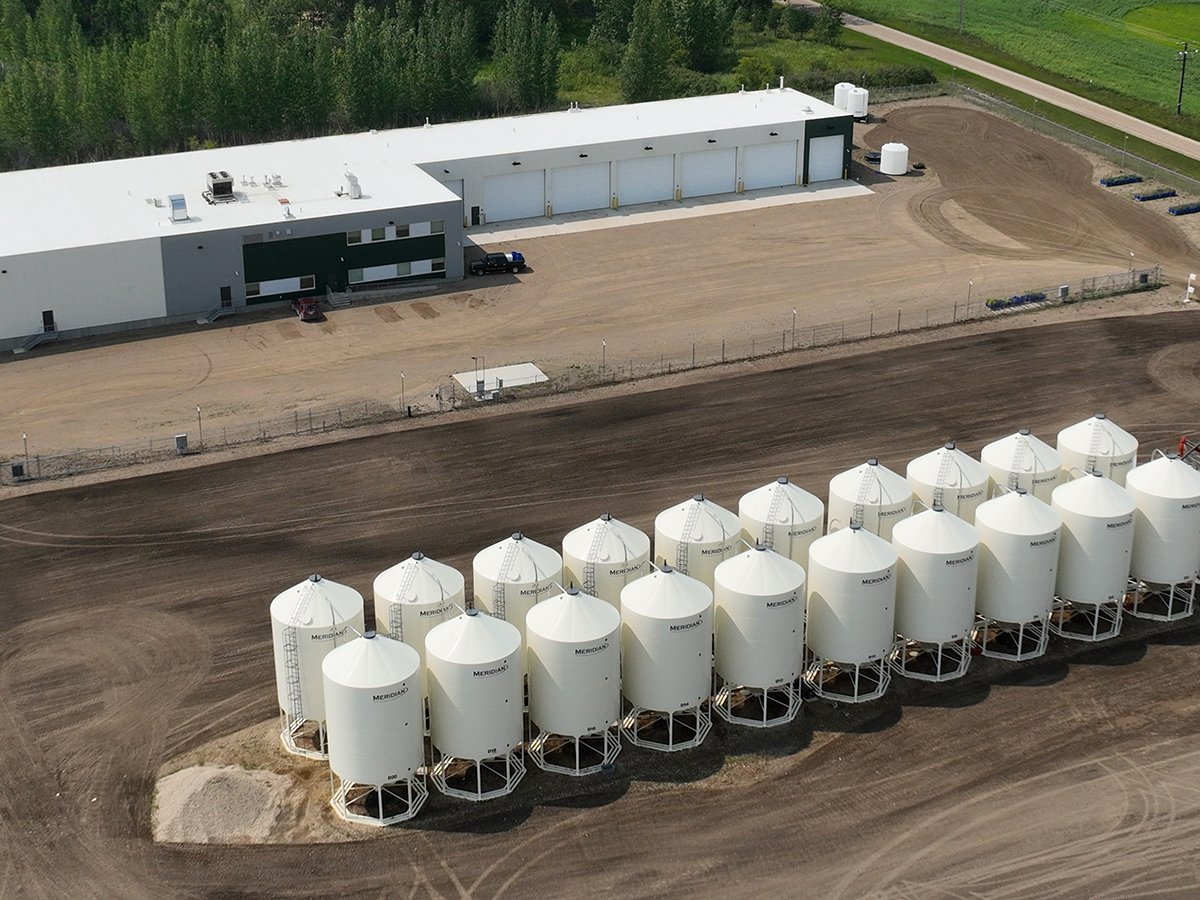Government mediators were expected to resume meetings today with the Teamsters Canada Rail Conference and Canadian Pacific Railway in hopes of averting a looming strike.
TCRC, which represents more than 3,000 locomotive engineers, conductors, trainpersons and railyard workers at CP, announced March 4 that TCRC members could go on strike as early as March 16.
In a recent vote, TCRC members voted 96.7 percent in favour of strike action, if necessary. The union cited wages, benefits and pensions as the main obstacles to a negotiated settlement.
Read Also

Saskatchewan firm aims to fix soil with compost pellets
In his business, Humaterra, Leon Pratchler is helping farmers maximize yields in the weakest areas of their fields through the use of a compost pellet.
In its statement, TCRC said it would continue to participate in the mediation process led by the Federal Mediation and Conciliation Service. Federal mediators were scheduled to take part in meetings March 11 through March 16.
Federal agriculture minister Marie-Claude Bibeau confirmed last week that the mediation process was ongoing.
“I understand the anxiety related to a potential strike because our food supply chain has been stretched and under so much pressure in recent months. We definitely don’t need a strike right now, or ever…,” she said.
The timing of a potential strike at CP is contributing to a sense of uncertainty surrounding global food security, particularly since military activity in Ukraine led to the suspension of agricultural trade in the Black Sea region late last month.
Last week, Fertilizer Canada, which represents Canadian fertilizer manufacturers, wholesalers and retailers, issued a statement calling on TCRC and CP to swiftly resolve their negotiations and avoid a “potentially disastrous” shutdown of Canada’s essential rail supply chain.
A disruption of Canadian rail services during Canada’s crucial spring seeding season would have crippling effects on the economy and Canada’s agricultural sector, Fertilizer Canada said.
A strike would also compromise Canada’s position as a leading global supplier of fertilizer products and could result in domestic fertilizer production facilities being forced to “shut-in” production, the organization added.
“Fertilizer Canada and our members are greatly concerned with the looming CP strike,” said Karen Proud, president and chief executive officer of Fertilizer Canada.
In a March 11 interview, Clyde Graham, executive vice-president at Fertilizer Canada, said the timing of a potential strike could have a significant impact on farm productivity.
“Farmers have a very narrow window for planting and they have to have their fertilizer available when they’re ready to go,” Graham told The Western Producer.
“It takes all year to get the fertilizer that’s needed (by) Canadian farmers and farmers around the world into position, but always, as we get closer to spring seeding, the urgency becomes that much greater.”
According to Fertilizer Canada, about 75 percent of all the fertilizer that’s produced and applied in Canada is moved by rail.
There are no alternative transportation methods that have the capacity to offset the impact of a work stoppage in the railway industry, the organization added.
Fertilizer deliveries to wholesale and retail distributors across the West are behind schedule this year and could fall further behind if rail service is disrupted.
“In a normal year, by the end of March, we would be close to having the fertilizer in position across the Prairies, either in terminals or at agri-retails or on farms. But it’s been a very difficult year,” Graham said.
“We’ve had a number of supply chain disruptions including a shutdown of a major plant for a while in Western Canada… so we’re not as far ahead as we’d like to be,” he added.
“This strike, should it occur, would be at a very bad time to make sure that farmers get all the fertilizer they want and need for crop production.”
The status of fertilizer deliveries to country locations throughout Western Canada varies from region to region and to some extent, by product and by retailer, Graham said.
In a March 1 statement, CP said it has an excellent track record of negotiating collective bargaining agreements with its unions.
Unfortunately, TCRC has relied on federal conciliation in eight of the nine collective bargaining negotiations with TCRC members since 1993, the company added.
“We have offered a fair and balanced agreement, including wage increases, for a two-year collective agreement…,” the CP statement read.
Contact brian.cross@producer.com
















